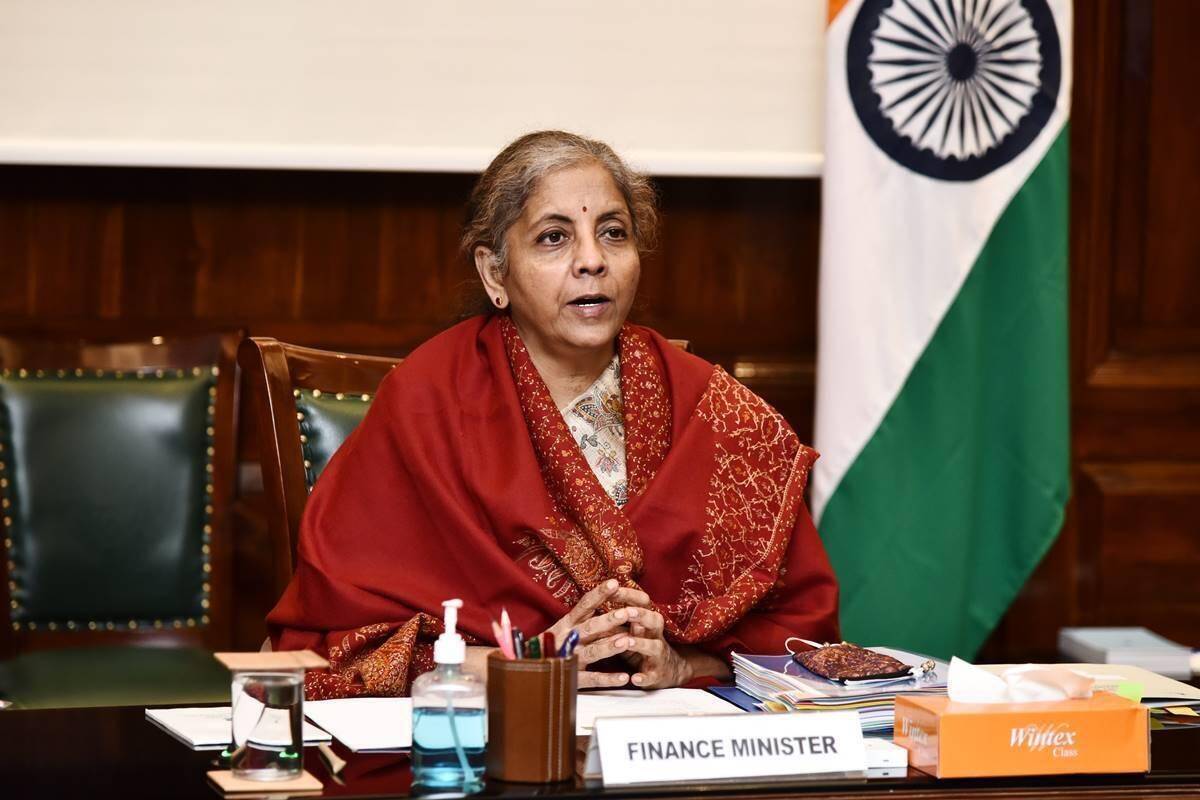India’s real estate sector which was engulfed by a global pandemic is now back on road to recovery. With economic activities gearing up, key announcements in the union budget have raised hopes for this sector.
Industry leaders are lauding and welcoming decisions taken by Finance Minister Nirmala Sitharaman. Eminent experts opine that major budget announcements like tax exemptions on affordable housing projects, debt financing by foreign portfolio investors (FPIs) in real estate investment trusts (REITs) and infrastructure investment trusts (InvITs), better connectivity will bring back confidence among investors and homebuyers, reviving trust, growth and investments in this emerging sector.
“The budget is a reflection of the government’s efforts to re-instill confidence and energy in India’s economy for a ‘V-shaped’ recovery. The six pillars of the budget (health, physical, financial capital and infrastructure, inclusive development for aspirational India, reinvigorating human capital, innovation and R & D and minimum government and maximum governance), as outlined by the FM, will give a direction to the country’s economy, which suffered a huge jolt due to the pandemic. Tax reliefs and announcement of one year’s tax holiday will bring back confidence in home-buyers and will boost the affordable housing sector. Change in double taxation on NRIs will also act as a catalyst for investment in this sector. The country is on its road to recovery and this budget ensures the same” said Amarjit Bakshi, CMD, Central Park.
Affordable housing to boost in state capitals and tier-2, 3 cities – The government has tried to push its ambitious target of housing for all.
“State capitals and tier-2, 3 cities will benefit immensely from the government’s focus on sectors like roads and highways, ports, power, urban infrastructure, railways. Add to it, the affordable housing boost, by extending tax holiday for such projects by one year, extending by one year the deadline for first-time homebuyers to avail additional Rs 1,50,000 interest deduction on home loan, and tax exemption for affordable rental housing will further boost demand for housing in these cities,” said Mohit Goel, CEO, Omaxe Ltd.
“Budget 2021-22 has been enacted as a game-changer for policy support in the residential sector. This budget embraces a tax exemption for rental housing that has been extended for a year aiming to provide affordable housing for the marginal workers. The extension of interest deduction amounting to 1.5 lakh until 31st March 2022 and tax holiday for affordable housing projects are welcomed,” said Rahul Singla, Director, Mapsko Group.
Furthermore, to attract more investments in affordable housing projects, the government has made debt financing more accessible. “This sector has high hopes when it comes to investment and by making REIT (estate investment trusts) and InvIT’s (Infrastructure investment trusts) more flexible, new roads of investments will open to augment funds,” said Shashank Vashishtha, Executive Director – eXP India.
Global investment to strengthen domestic manufacturing hub – To make India’s domestic manufacturing hub ‘Atmanirbhar’, the government also unlocked new avenues for global investments.
“From the number of steps proposed to support the MSME sector to set up textile parks, the budget stressed strengthening domestic manufacturing. The Budget proposed additional tax incentives for the companies relocating foreign funds to the GIFT city, which is a laudable decision in the making of GIFT City a global financial hub. From the employment generation to push real estate demand, these initiatives are likely to bring the economic multiplier effect, which is the need of the hour,” said Anuj Kumar Garg, Vice President-Customer Engagement & Distribution, Viridian RED.
Economic corridors, highways, and metros to kick start commercial activities – The government has increased its focus on infrastructure growth and better connectivity.
“The budget has given adequate emphasis on infrastructural development which is a prerequisite for almost all economic activities in the country. Development of economic corridors, national highways and metro projects will ensure easy transportation, giving pace to commercial activities. These activities will further spur the growth of the commercial segment of the real estate sector and will indirectly push the housing segment as well,” said Pankaj Bansal, Director, M3M.
Source :Business Standard




